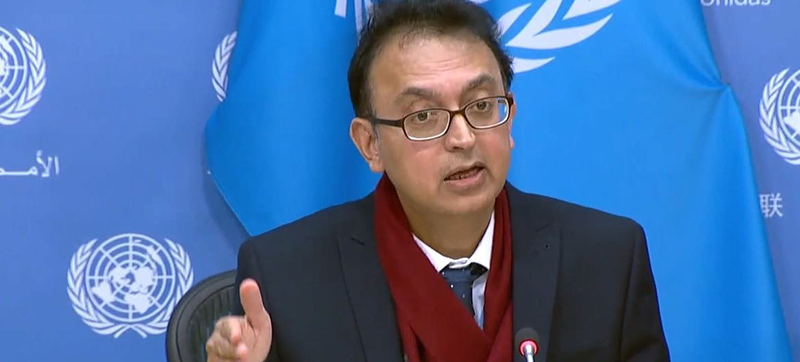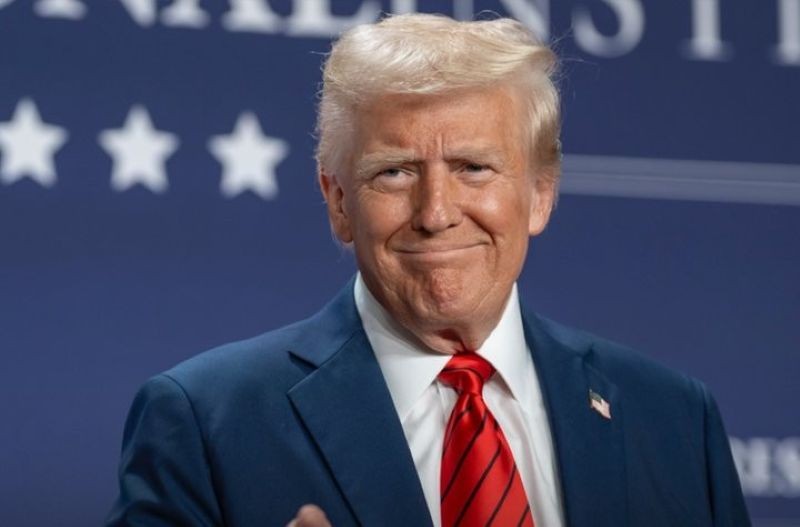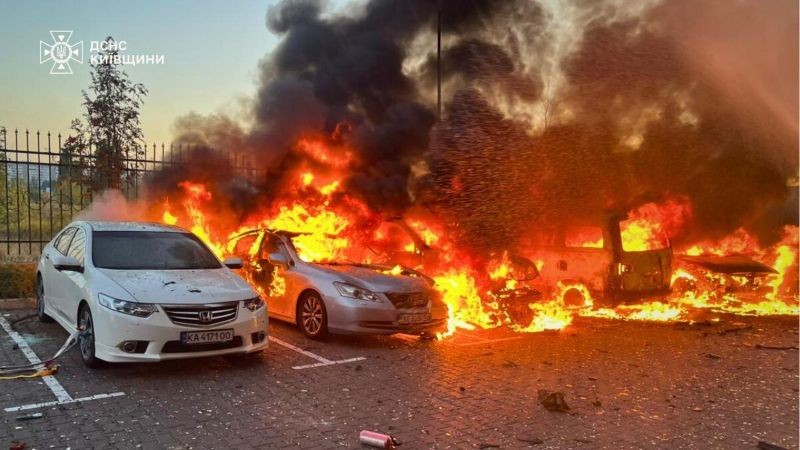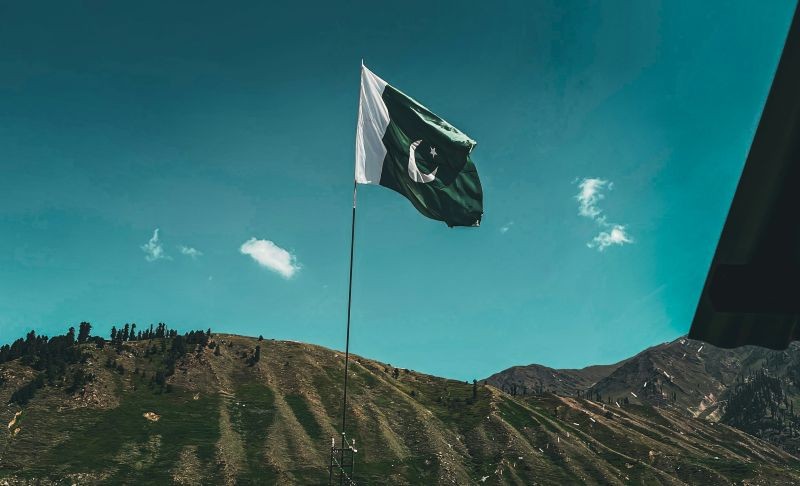UN rights experts ‘deeply alarmed’ at continuing executions of Iran protesters

New York: The UN Human Rights Council-appointed panel of independent experts examining the Iranian Government’s response to protests that erupted there last November, has said that it’s “deeply alarmed” at continuing executions of demonstrators, ahead of pending reviews.
The Independent International Fact-Finding Mission on Iran, said in a statement that the executions on Friday of Majid Kazemi, Saleh Mirhashemi and Saeed Yaghoubi, were “profoundly concerning in view of the reported involvement of these individuals in the protests that commenced in Iran on 16 September 2022, and allegations of their having been convicted and sentenced through confessions obtained under torture.”
The three-person body, which is mandated to investigate all alleged violations relating to the protests, had previously asked Iranian authorities for information in relation to imposition of the death penalty on some of those exercising their right to protest.
“The Fact-Finding Mission reminds all State authorities and individuals involved in this process, that any execution following a fair trial violation would amount to arbitrary deprivation of life and a violation of international law”, the statement concluded.
End ‘horrific wave’ of executions: Rapporteurs
In a separate statement, three concerned UN independent rights experts, or Special Rapporteurs, condemned the executions of the three men, urging the Government to “halt the appalling wave of executions in Iran.”
“We are alarmed by reports of unfair proceedings in the case and deeply disturbed that these men have reportedly been subjected to torture or other forms of ill-treatment to extract forced confessions,” the experts said.
The three men were reportedly arrested on 21 November 2022 during protests in Esfahan city following the uprising sparked by the death of Mahsa Amini on 16 September, in police custody.
The men were accused of participating in the killing of three Iranian officials, and sentenced to death after being charged with were sentenced to death and charged with moharebeh (which translates as “enmity against God”).
‘Scant regard’ for international law
“The executions of the three men this morning underlines our concerns that the Iranian authorities continue to have scant regard for international law,” the experts said. “The death penalty has been applied following judicial proceedings that failed to meet acceptable international standards of fair trial or due process.”
The three experts - Javaid Rehman, Special Rapporteur on the human rights situation in Iran; Margaret Satterthwaite, the expert on independence of judges and lawyers; and Morris Tidball-Binz, who investigates extrajudicial, summary or arbitrary executions – said that reports indicated the extent of the defendants’ alleged involvement in the officers’ deaths, was highly uncertain and questionable.
The officers were allegedly killed by gunshots during protests in Isfahan Province, yet the charges against the defendants do not explicitly accuse them of “murder”.
Tweet URL
The three men appealed the verdict on 6 May, but Iran’s Supreme Court upheld their death sentences, despite a pending request for judicial review. On 17 May, their families were called in to visit and were told by the prison authorities that this would be the final meeting.
Violation of the right to life
“The death penalty is a violation of the right to life and the ultimate cruel, inhuman and degrading punishment,” the independent experts said.
At least 259 executions have reportedly been carried out since 1 January – mostly for drug-related offences and including a disproportionate number of minorities, the experts said.
“We are shocked that the authorities went ahead with the executions despite the pending judicial review,” the experts said. “We urge the Iranian Government to stop this horrific wave of executions.”
Special Rapporteurs and other rights experts are all appointed by the UN Human Rights Council, are mandated to monitor and report on specific thematic issues or country situations, are not UN staff and do not receive a salary for their work.



